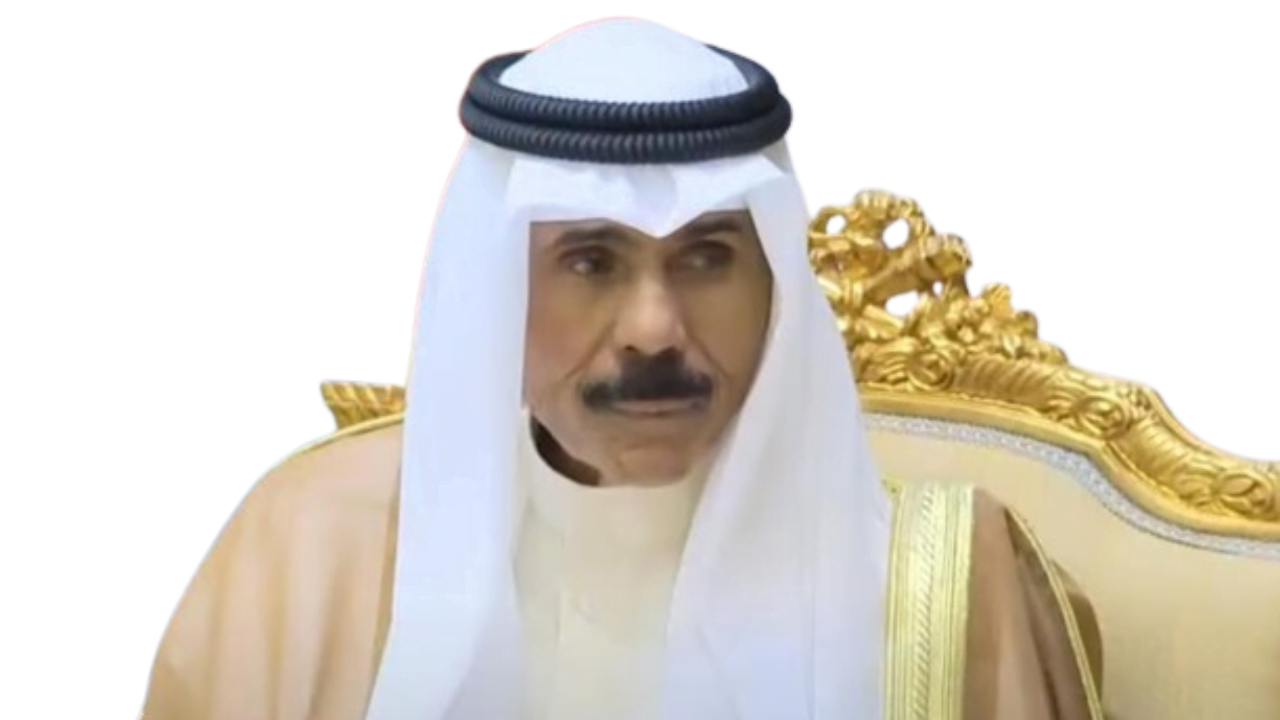
This past Saturday, Kuwait was struck with sorrow upon learning about the passing of Emir Sheikh Nawaf al-Ahmad al-Sabah at the age of 86, as revealed by the royal court. This happened a little over three years since he assumed his role in the U.S.-allied Gulf oil giant. In the preceding month, the emir had been hospitalized due to a severe health issue, although the royal court did not promptly disclose the cause of his eventual passing.
Crown Prince Sheikh Meshal al-Ahmad al-Sabah, 83, took on the role as Kuwait’s de facto ruler in 2021 and has now been named as Sheikh Nawaf’s successor. The frail emir had handed over most of his duties to the crown prince in 2021. In response to the loss, Kuwait declared 40 days of mourning and a three-day closure of official departments.People from all corners of the globe expressed their respects for Sheikh Nawaf, offering heartfelt condolences to his successor, the Al Sabah family, and the people of Kuwait.
U.S. President Joe Biden shared warm words about Sheikh Nawaf, calling him a “valued partner and true friend of the United States.” Biden pledged to further enhance the longstanding ties between the two countries. Sheikh Nawaf took on the role in September 2020 after the passing of his brother, Sheikh Sabah, who had been a pivotal figure, influencing the state’s foreign policy for over 50 years during his decade-long rule.
While Sheikh Nawaf’s reign experienced intense standoffs between the government and elected parliament, recent months saw a return to consensus. As the holder of the world’s seventh-largest oil reserves, Kuwait, bordering Saudi Arabia and Iraq, plays a crucial role in the region. The emir maintained a foreign policy balancing ties with neighboring nations, while domestically, eight governments were formed under his rule.
According to Kuwait’s constitution, the crown prince automatically becomes emir but assumes power only after taking an oath in parliament. Analysts and diplomats note that both Sheikh Nawaf and Crown Prince Sheikh Meshal appeared to align Kuwait more closely with regional powerhouse Saudi Arabia.
The new emir’s choice of crown prince and premier will be closely watched, as a younger generation within Kuwait’s ruling family vies for position. Factional struggles in the Al Sabah family often play out in parliament as contenders build their political capital and domestic base.
Before handing over most of his constitutional duties, Sheikh Nawaf attempted to secure a detente in the domestic political scene, including issuing an amnesty pardoning dissidents sought by opposition figures. However, political stalemate persisted, leading Sheikh Meshal to dissolve parliament and call early elections in June to quell political discord.
Despite the ban on parliamentary parties, Kuwait remains one of the region’s most politically liberal states, fostering a robust political debate with the most powerful elected legislative assembly, inclusive of Sunnis, Shi’ites, liberals, and Islamists.
World leaders, including European Commission President Ursula von der Leyen, Emirati President Sheikh Mohamed bin Zayed, and British Prime Minister Rishi Sunak, expressed their condolences, remembering Sheikh Nawaf’s dedication to his country in turbulent times. Indian Prime Minister Narendra Modi conveyed deep sadness at the unfortunate demise, extending condolences to the Royal family, leadership, and the people of Kuwait.
Deeply saddened to learn about the unfortunate demise of His Highness Sheikh Nawaf Al-Ahmed Al-Jaber Al-Sabah. We convey our deepest condolences to the Royal family, the leadership and the people of Kuwait.
— Narendra Modi (@narendramodi) December 16, 2023
Avinash Poojari is the owner of ComClone News website. He is an accomplished author specializing in the field of information technology. With a Master’s degree in Information Technology, Avinash hails from Mumbai. Passionate about researching breaking news, he is dedicated to providing accurate and up-to-date information to his readers.
